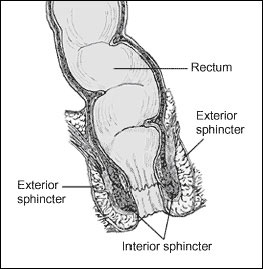What is Fecal Incontinence?
The inability to control bowel movements, or fecal incontinence, can be a mortifying problem for people both young and old. It is estimated that about 5.5 million Americans suffer from this condition, including children and adults. Fecal incontinence is the inability to control bowel movements causing stool (feces) to leak unexpectedly from the rectum according to Mayoclinic.org. There are many possible causes for fecal incontinence. However, they all have one thing in common: early treatment means you can resolve your problem more quickly.


